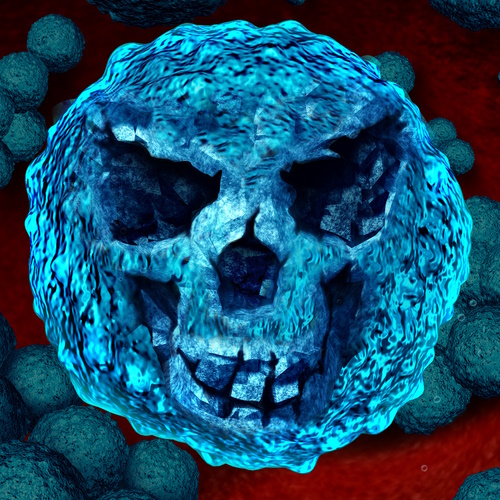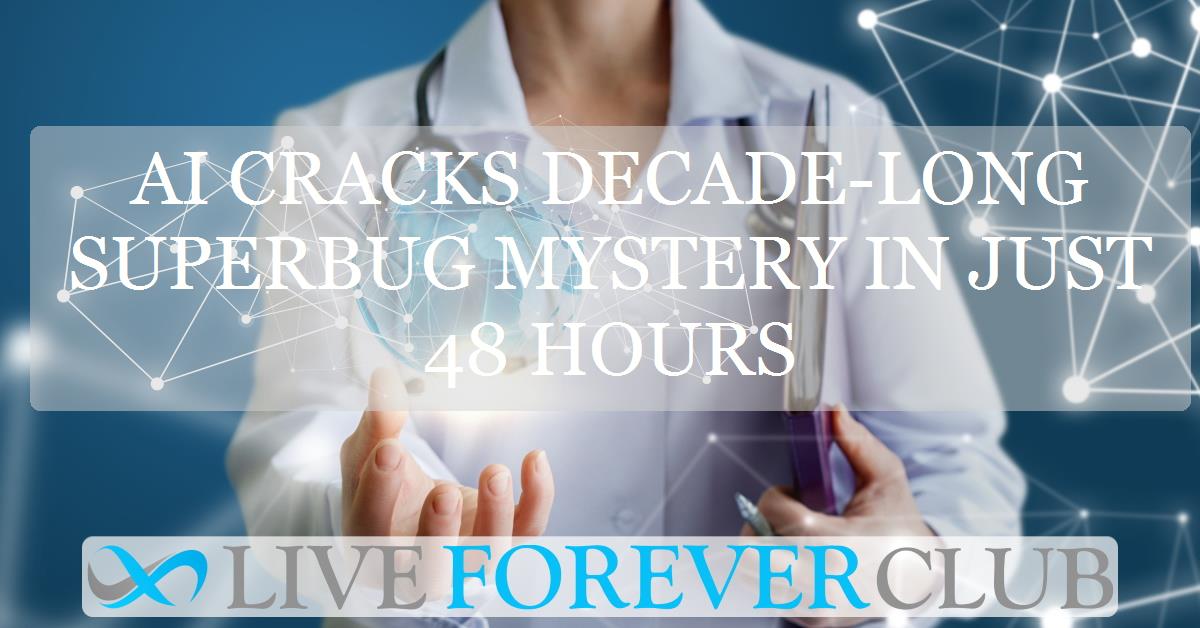Key points from article :
Google’s latest artificial intelligence tool, known as “co-scientist,” has demonstrated remarkable capabilities in accelerating scientific discoveries. In a groundbreaking collaboration with researchers at Imperial College London, the AI solved a decade-old mystery in antimicrobial resistance (AMR) within just 48 hours. This AI, designed to act as a scientific collaborator, was able to generate the correct hypothesis on how bacteria acquire new DNA to become more dangerous—a process that took human scientists years to uncover.
Prof José Penadés, who co-led the experimental work, and Dr Tiago Dias da Costa, a bacterial pathogenesis expert, were astonished by the speed and accuracy of the AI’s results. While the AI could not conduct experiments itself, its ability to generate correct hypotheses could significantly reduce the number of failed experiments in laboratories, potentially saving years of work, grant funding, and taxpayer money. The AI also proposed explanations for other unresolved biological mysteries, which are now being explored in further research.
The success of the co-scientist tool highlights the potential of AI to revolutionize scientific discovery, much like Google DeepMind’s AlphaFold, which predicts protein structures. A tester version of the AI will soon be made available to researchers worldwide, opening the door to new breakthroughs in medicine and biotechnology. However, as Prof Penadés noted, the experience was both exciting and unsettling, hinting at a future where AI fundamentally reshapes the scientific process.







